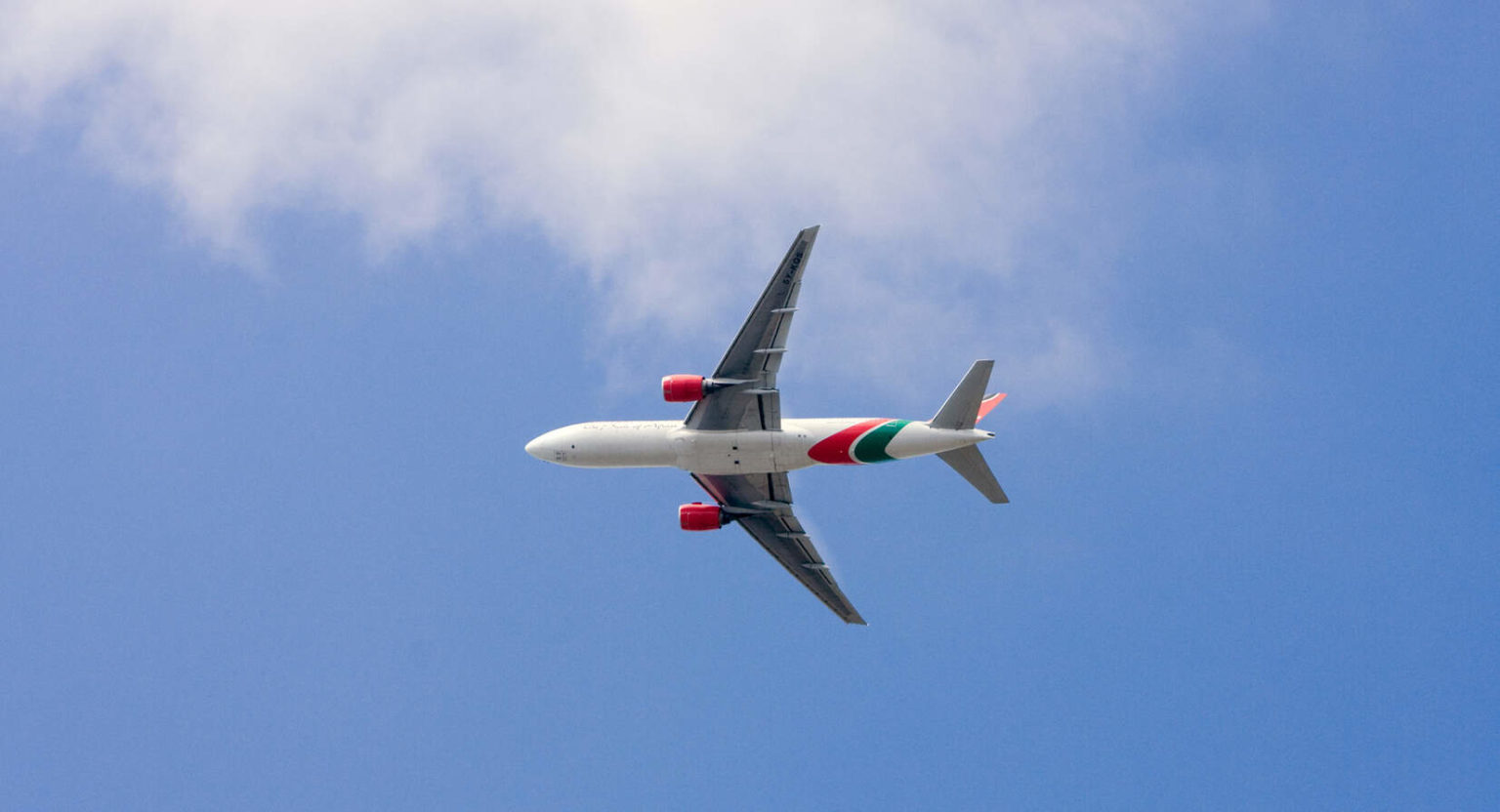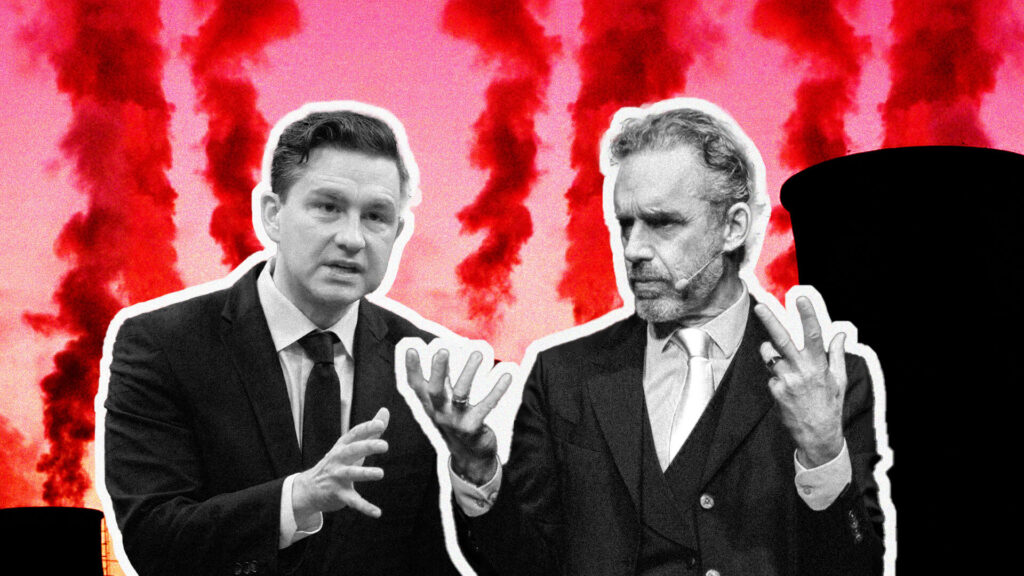The UN‘s aviation agency is this week expected to approve a rule change that would weaken the industry’s obligation to cut its greenhouse gas emissions. But the decision could ultimately lead to the EU implementing more stringent requirements on aviation emissions, MEPs and campaigners say.
The International Civil Aviation Organization (ICAO) is considering a proposal to change the baseline of the Carbon Offsetting and Reduction Scheme for International Aviation (CORSIA), in a move that will further weaken a policy already considered by many to be not fit for purpose. The change would in effect remove the obligation for airlines to offset any emissions under the scheme for up to five or six years according to several analyses.
Bas Eickhout, a Dutch Green MEP working to promote measures to tackle aviation emissions, told DeSmog, “the mess at ICAO definitely increases the chances of Europe taking additional steps by itself to tackle emissions from international aviation,” adding, “a large majority in the European Parliament already is far from convinced by CORSIA, a weakening of the baseline would only make it worse.”
Like what you’re reading? Support DeSmog by becoming a patron today!
EU action
There has long been tension between EU efforts to take action on aviation emissions and ICAO’s policies. Many European countries are preparing to double down on action at the EU or domestic levels in response to what is seen as ICAO’s token progress on emissions reductions,
“[ICAO has] constrained places like Europe,” says Chris Lyle, an international aviation consultant who worked at ICAO for almost 30 years. “The aggression towards Europe was so strong from the other countries including not just India, China, Brazil, but places like the United States. Anytime Europe comes up with something it’s automatically cut down.”
The Commission is understood to be coordinating a letter to ICAO from all member states ensuring they have the right to continue participating in the European emissions trading scheme (ETS). There is a fear that without this text, the Commission may have its future proposals blocked.
ICAO‘s resistance to implementing its own effective climate policy could ultimately mean the aviation industry faces stronger measures from the EU.
Gilles Dufrasne, Senior Policy Officer at Carbon Market Watch, argues that CORSIA has always been so weak that “it was pretty clear we needed something more”. As such, “the EU was already not really planning to use CORSIA to replace its own policy. So even before the baseline discussion, there was already a strong willingness from EU countries to increase the ambition of policies on airlines.”
When DeSmog asked the Commission why it was supporting the baseline change, a spokesperson would only say it welcomed the agreement on a collective position by EU member states, and that it is important CORSIA delivers its goals.
Dufrasne says the EU has always been keeping a balance between achieving stronger rules for CORSIA and a fear of fewer countries signing up to it. “It seems like this is just another one of those cases where they feel the need to weaken the scheme because they think it will improve participation,” he says. “I think it does provide one more argument for why EU policy should be strengthened.”
A letter sent to ICAO on Tuesday by the European Civil Aviation Conference (ECAC) appears to support this view: it outlines the “high risk” of support for CORSIA being compromised without a baseline change.
But no countries have publicly threatened to leave or not join CORSIA if the baseline is changed. “It would be good to know which states are considering leaving if the baseline is not changed,” says Annie Petsonk, an expert in international environmental law at the Environmental Defense Fund. “So far, I haven’t heard from any states saying [this], but there might be.”
ICAO’s closed door policy at the current negotiations means media and civil society can’t scrutinise the process.
Stronger policies
A host of stronger aviation measures are already in the works within the EU, including a more stringent ETS for aviation, the introduction of a kerosene tax, and the development of sustainable aviation fuels.
The European Green Deal, set out by the EU Commission in December 2019, makes it clear aviation will have to contribute to a required 90 percent cut in transport emissions by 2050.
“You have a number of measures in the Green Deal that are actually going to bring about much more environmental benefits than CORSIA ever was going to,” says Jo Dardenne, an expert on sustainable aviation at NGO Transport & Environment. “By developing this policy, the EU may have more of an impact on reducing aviation’s climate issues than contributing to a scheme that is so weak and so cheap that it wouldn’t incentivise airlines to change their behaviour or to invest in new fuels.”
The Commission has highlighted aviation payments from the ETS as a potential revenue stream to help repay the €750bn it plans to borrow to support the EU to rebuild in the wake of the coronavirus pandemic. It suggests that the maritime and aviation sectors could together generate €10bn per year via the ETS.
Intra-EU flights are already included in the ETS, but the industry is handed most of its credits for free. The Green Deal outlines plans to force airlines to buy more of these allowances.
“The next revision of the ETS, which is supposed to be in June 2021, is expected to be quite important when it comes to addressing aviation’s preferential treatment,” says Dardenne. Aviation credits from the scheme currently raises just under €1bn a year, she says, “that amount can be doubled with abolishing free allowances.”
Image © Karen Arnold, CC0 Public Domain
Subscribe to our newsletter
Stay up to date with DeSmog news and alerts







